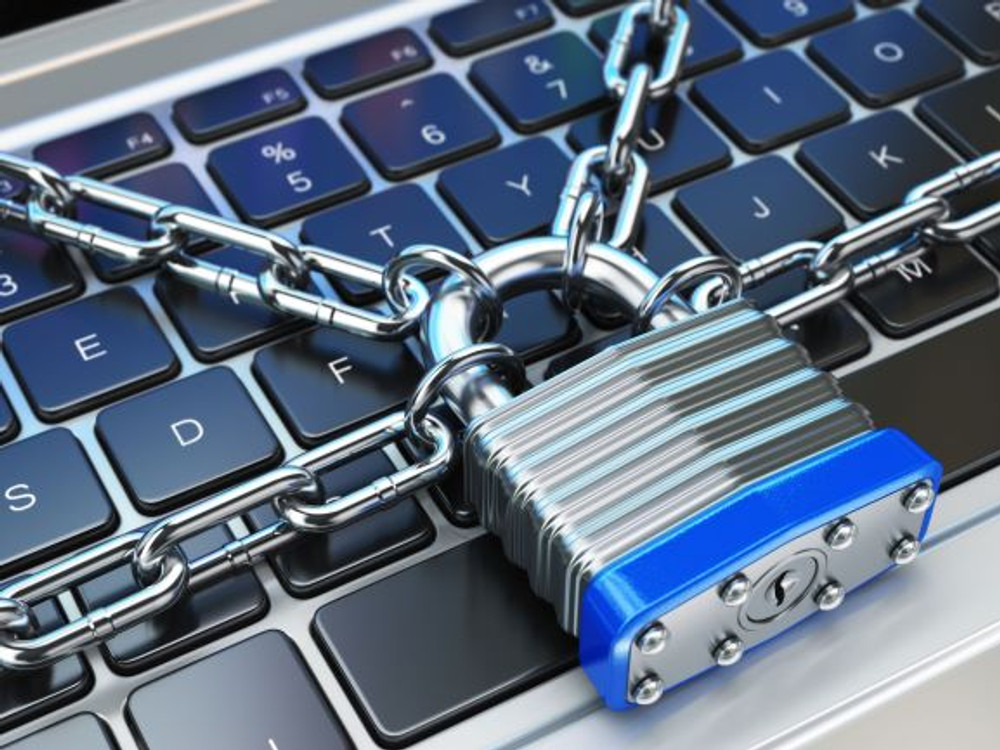The Importance of PC Security in the Workplace
Posted by Jarah Sakamoto on Oct 7th 2019
All companies and organizations have computers that store important data and information. From legal files to purchasing files, this information is the most crucial aspect of a business. As technology advances so does the way this information is maintained and stored. Most companies have converted all of their valuable information from a physical paper format to a digital format.
While digitizing data makes it easier to maintain, it raises a concern on how to keep company information safe from threats. The thing is most organizations don’t think about these safety tactics until a problem arises. From hackers to pc functionality, there are many threats that a company should be aware of at all times.
What are the Threats?
PC security is important because it keeps all of a companies viable information safe. However, this is not the only thing that this security keeps protected. These the top three threats to be concerned about:
- PC viruses
- Cyber threats
- Data loss
There are also compliance and regulatory incidents along with access and privilege abuse by employees.
Types of PC Viruses
There are many different types of malicious viruses. It is important to use the latest anti-virus software to protect your organization from these evolving threats. A few examples of computer viruses include:
- Web scripting virus
- Boot sector virus
- Polymorphic virus.
All three of these viruses can cause extensive problems by damaging program files and even disabling the entire operating system of a computer. However, the combination of the latest anti-virus software and a managed service provider can play a crucial role in minimizing the chance of a virus infecting your computer system or network.
Cyber Threats
There are billions of data records compromised every year due to breaches. If your company's information gets into the wrong hands, it can become very costly to fix. Here are some ways to improve cybersecurity in your business:
- Use strong passwords
- Regulate personal computers
- Network segmentation
- Wi-Fi Security
- Regular data backups
Make sure that your employees practice proper password management by using strong passwords with a mix of characters.. Every employee should have different passwords for different purposes. Employees should never share passwords and should change them often.
If employees are using personal devices such as phones and laptops to access an organization's data, make sure that system administrators install software to monitor the security.
Network segmentation ensures that your network is split into segments or sub-networks to reduce the risk of your entire network being attacked. Segmentation will secure the data to certain segments that hackers can’t access. This will also help a company discover threats quickly and more efficiently.
Wi-fi networks are extremely vulnerable when left unsecured. There are several ways to secure your Wi-Fi network. Changing administrator passwords, using a VPN and updating your firmware are the most important ways to secure these networks.
Backing up your company's important data and information is a vital measure to implement. Data should be backed up everyday at scheduled times. This backup should also be checked for accuracy and validity. Even if hackers do breach your network, you will be safe from data loss and your company will be safe from legal issues
PC security is also vital for your computer’s overall health and performance. Most computers are equipped with a basic antivirus. Windows operating systems come with Defender built into the operating system. Although this would be acceptable and sufficient for a home PC, business PC’s need to have a much more extensive security measures in place. Contact us for more information on securing your PC networks today.

